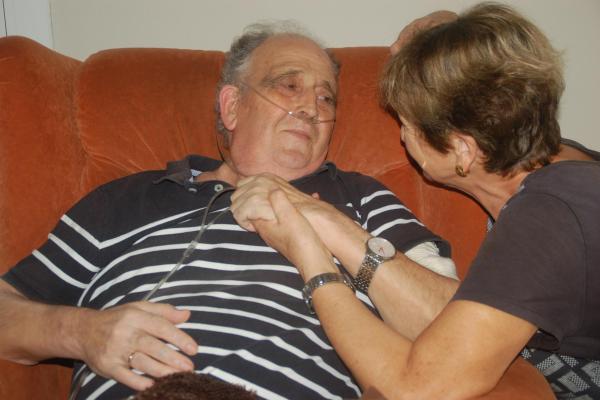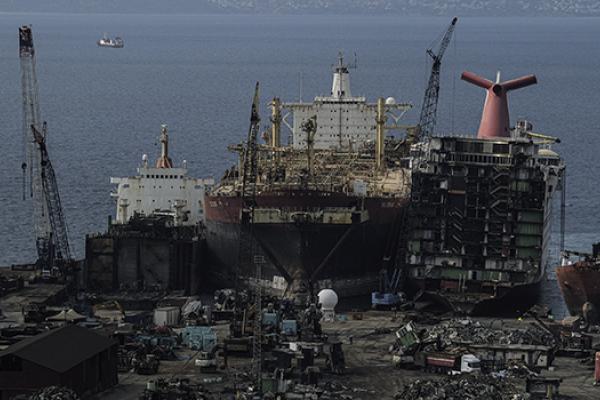Investigative Reporting Denmark is an independent, non-profit centre for investigative journalism, ensuring openness and accountability in government and business. We focus on the most important stories that have the greatest impact on society.
With critical investigative journalism, we will cover misuse of power and systemic failures.
In traditional media, investigative journalism is under pressure because of industry-wide cutbacks with fewer and fewer reporters available to devote the coverage and resources necessary for meaningful investigative journalism.
Furthermore most journalists do not have the resources or training required to undertake effective investigate journalism although it is widely acknowledged to be crucial for the evolution, development and protection of a democratic society through enhanced transparency and accountability.
Thus, new approaches and structures are needed to foster investigative journalism. Investigative Reporting Denmark will be in the forefront of that process. As part of its work, the new centre will work with all newsrooms that are interested in pursuing investigative stories.
A key aspect of Investigative Reporting Denmark’s ethos, is that all of the centre’s research will be made available to both newsrooms and citizens.
Furthermore, Investigative Reporting Denmark will develop effective methods to gain public access to documents and for the public to obtain vital information from governments.
Collaboration across borders
IR-D will encourage, support and enhance cross-border reporting and disseminate investigative reports across multiple platforms. The supply of news and media is growing rapidly on the Internet, but often online news is negatively affected by ‘rushing’ and a lack of verifiable sources.
Existing media tends to overemphasize opinions at the expense of reporting detailed and factual information and accurately conveying and analyzing the meaning of such facts, including big data, to a broad readership. Existing media generally finds it difficult to carry out long-term and thoroughly researched news stories, while at the same time the government, private companies, political parties and other organizations of interest are able to utilize ever-increasing resources on getting their own stories and statements on the agenda.
A critical need therefore exists for new structures, collaborations and sources of finance to ensure that relevant investigative journalism prospers – a journalism that can explain complicated connections, be a watchdog over those in power and work as the foundation for the public debate regarding matters of vital public concern.
We will use the experience from other centre’s with grant financing and wide ranges of income sources to find new business models. The organization is non-profit, and so any excess revenue will be used to run and develop existing and new projects. The annual excess will be carried over to the next financial year’s activities.



